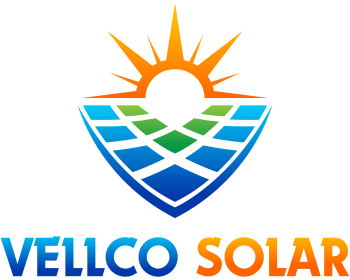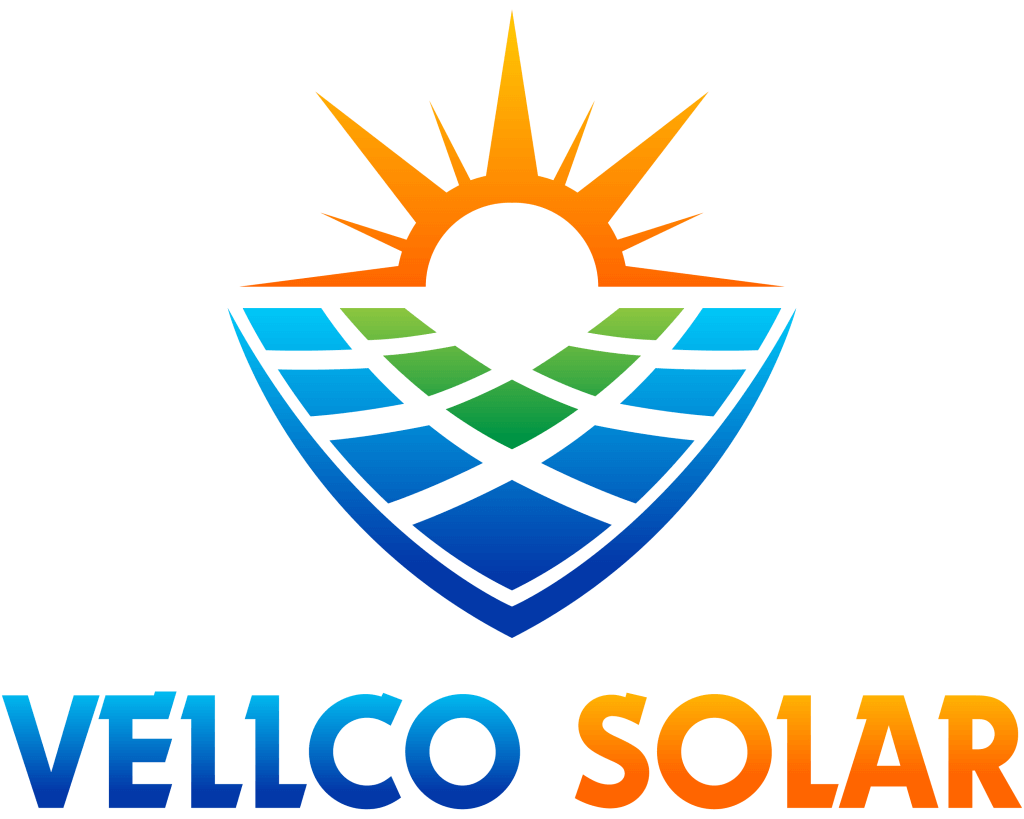Welcome to our Are Solar Learning Center, where we believe in the power of solar energy to make a positive impact on our planet and your wallet. By investing in solar panels, you can reduce your carbon footprint, save money on your electricity bills, and increase the value of your home. Our expert team is here to guide you through every step of the process, from initial consultation to installation and ongoing maintenance. We use only the highest quality products and offer financing options to make solar energy accessible for all. Join the growing number of homeowners who are experiencing the benefits of solar power and contact us to schedule your consultation today.
Solar Panel Cost
Solar panels are an incredible innovation that help harness the power of the sun for energy production. The cost of solar panels has decreased significantly in recent years, making them a more accessible and affordable option for households and businesses looking to reduce their carbon footprint and save money on energy bills. These long-lasting panels require minimal maintenance and yield significant savings over their lifetime. They can be installed on rooftops, in fields, and other locations with access to sunlight, using a variety of mounting systems. With the capability to generate electricity on cloudy days, solar panels are a reliable and sustainable solution to meet your energy needs. Switching to solar power not only reduces the carbon footprint but also provides a great return on investment while providing clean energy for a better future.
Are solar panel prices dropping?
Are solar panel prices dropping in 2024?” This is an informative and helpful information that provides insights into the current state of solar panel prices and predictions for the future. The information takes a comprehensive approach to explaining the factors that influence the cost of solar panels including production costs, technological advancements, government policies, and the competitive landscape. The information also includes market research and expert analysis to offer accurate and reliable predictions about the direction that solar panel prices will take over the next few years. With information that can help homeowners, businesses, and government agencies make informed decisions about solar panel investments, “Are Solar Panel Prices Dropping in 2024?” is an essential resource for anyone interested in sustainable energy solutions.
What Do Solar Panels Cost?
A solar panel cost depends on various factors such as the size, brand, quality, and installation requirements. On average, the cost per watt for solar panels ranges from $2.50 to $3.50. So, for a standard residential system of around 6 kilowatts (kW), the total cost can range from $15,000 to $21,000, excluding any additional expenses like inverters and installation fees. However, it’s essential to note that prices can fluctuate due to region-specific factors, government incentives, and advances in technology. It is recommended to consult with local solar installers or do further research to get an accurate estimate tailored to your specific needs.
Price per Watt vs Cost per kWh
Understanding the Economics of Energy Consumption
Price per Watt and Cost per kWh are two important factors to consider when evaluating the financial aspects of energy consumption. Understanding the differences and implications of these terms can help individuals and businesses make informed decisions regarding their energy usage.
Price per Watt refers to the upfront cost involved in purchasing or installing a renewable energy system, such as solar panels. It represents the cost per unit of power generating capacity, often quoted as dollars per watt (or in some cases, cents per watt). This metric is primarily relevant when considering the initial investment required for utilizing renewable energy sources. On the other hand, Cost per kWh (kilowatt-hour) refers to the ongoing operational expenses associated with using electricity. It includes the cost of generating, transmitting, and distributing electricity over a fixed period. Cost per kWh is commonly expressed as cents or dollars per kilowatt-hour and is usually determined by your utility company or electricity provider. The Cost per kWh can vary depending on numerous factors, including location, source of energy, time of usage, and fluctuating utility rates. Comparing the Cost per kWh of conventional utility rates with renewable energy generation costs provides insights into the potential savings that can be achieved over time by switching to greener alternatives.



